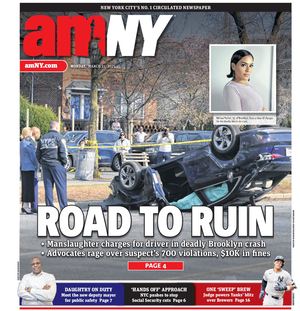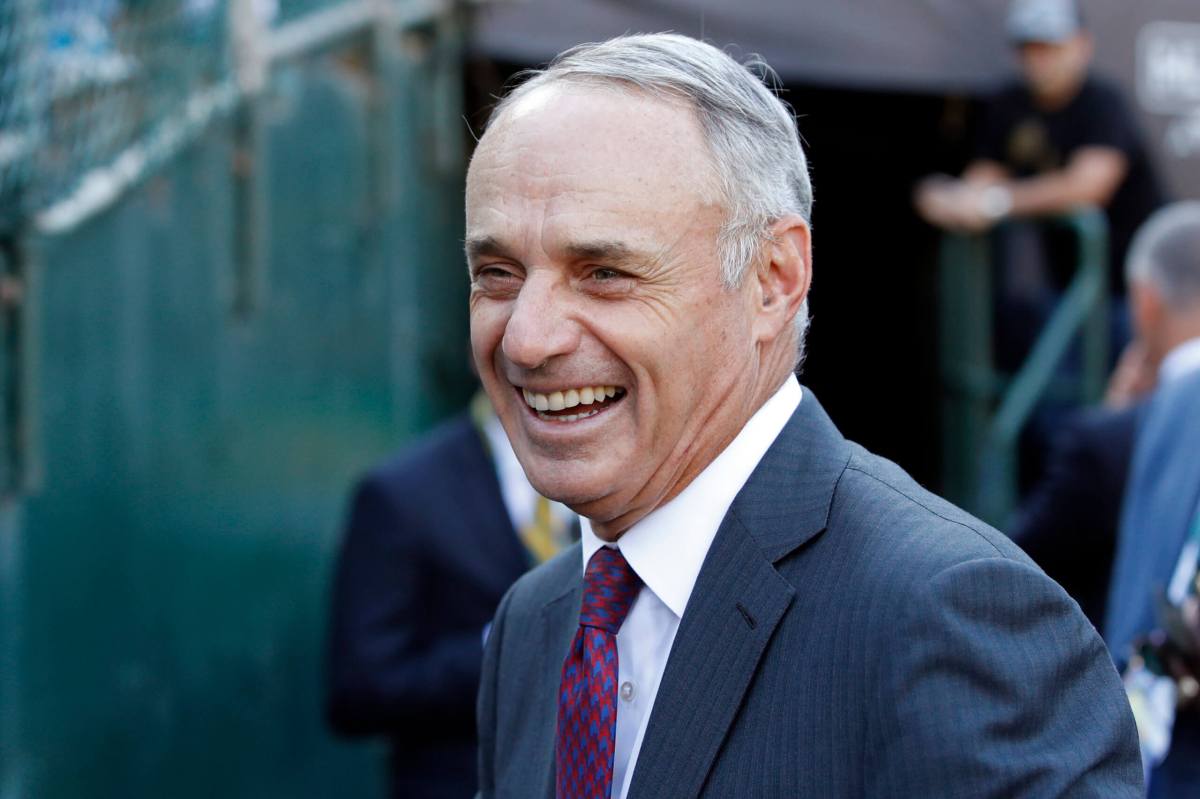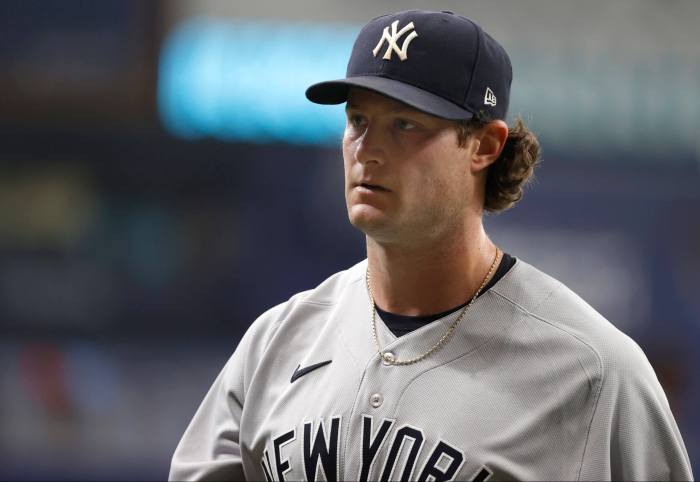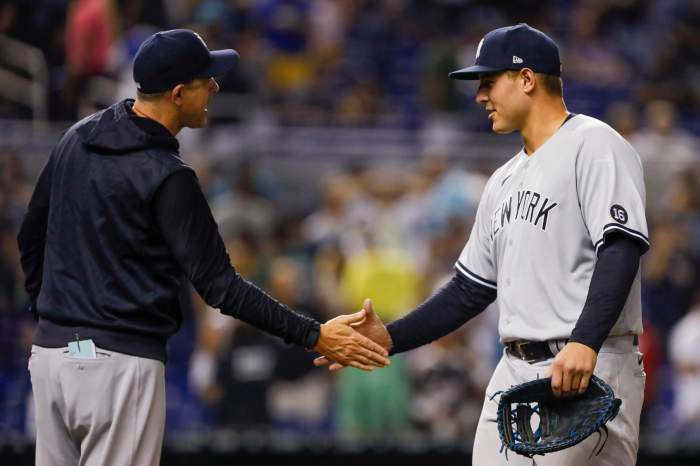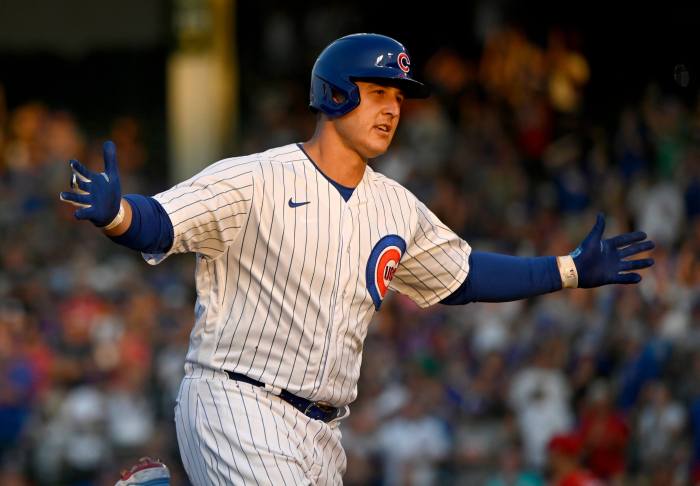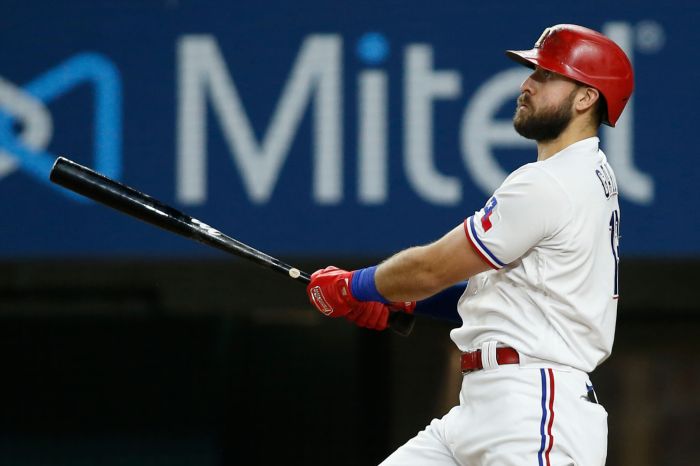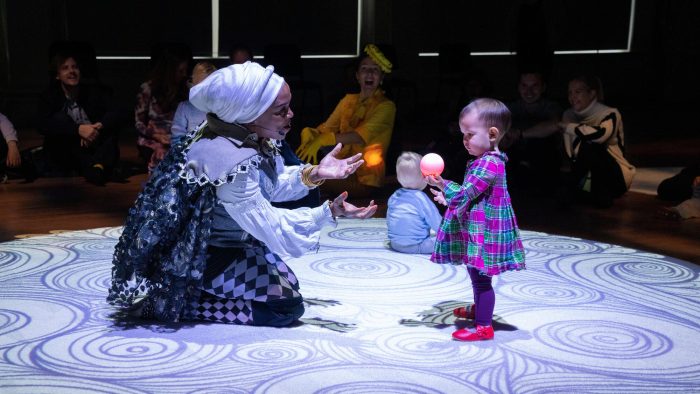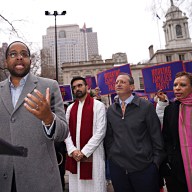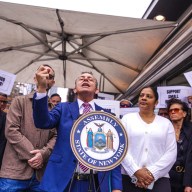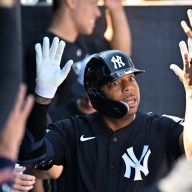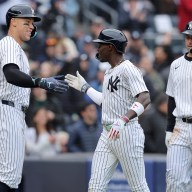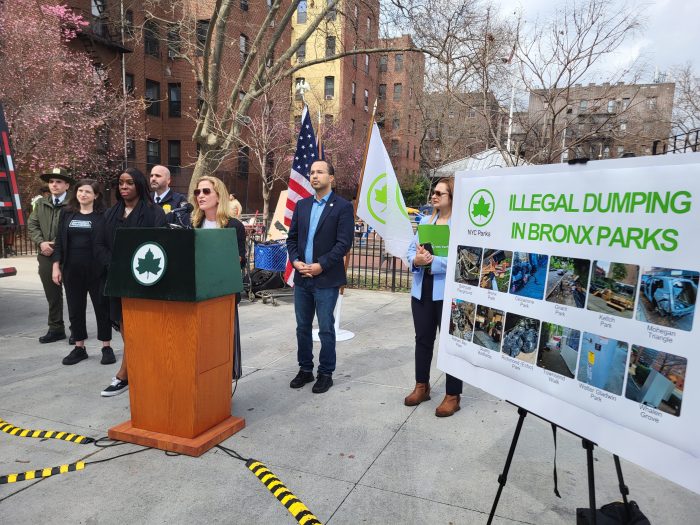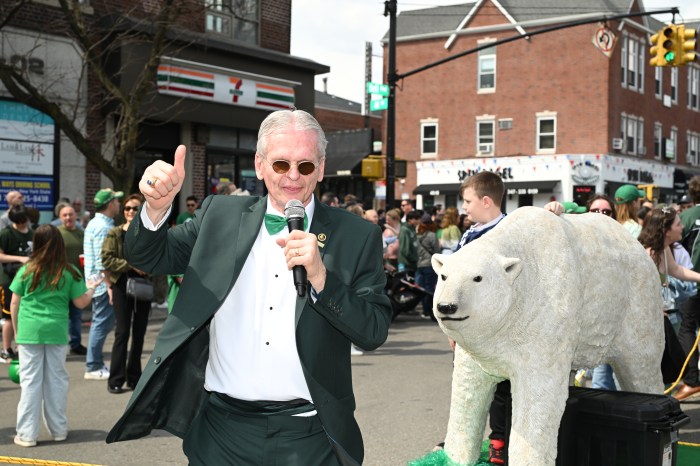The overgrown, silver groundhog that is Major League Baseball commissioner Rob Manfred declared on Tuesday — through smiles and chuckles — that there would be six more weeks of winter.
The MLB lockout will rage on through March, pushing back Opening Day and canceling the first two series of the season.
Baseball is officially in a disaster area; only if we’re taking the words of Manfred just two weeks ago when he said that losing regular-season games would be a “disastrous outcome.” But rather than show any sort of urgency or willingness to extend an olive branch toward the players’ union (MLBPA), Manfred and MLB team owners dragged their feet, clutched their proverbial pearls, and sank their heels in the mud to ensure that America’s Pastime remains an afterthought on the “Big 4” North American sports scene.
Basically what I’m trying to get at is this is entirely Manfred’s and the league’s fault.
How Manfred, MLB bungled the lockout
“The clubs and our owners fully understand just how important it is to our millions of fans that we get the game on the field as soon as possible,” Manfred had the audacity to say on Thursday night. “To that end, we want to bargain and we want a deal with the Players Association as quickly as possible.”
Except everything he and the league did was a direct contradiction of such sentiments.
After they decided to lock the players out in what was described as a “defensive tactic” to get negotiations rolling on Dec. 2, they waited 43 days to send an offer for a new collective bargaining agreement to the players’ union.
Sporadic back-and-forths provided little movement until last week when the two sides agreed to meet every day before Manfred and the league’s imposed Feb. 28 deadline that would guarantee the delay of the 2022 season.
The players continued making legitimate concessions to their offers, including dropping their pre-arbitration bonus pool ask from well over $100 million to $85 million. They dropped their CBT ask in the first year of the CBA from $245 million to $238 million — increasing incrementally to $263 million by 2026.
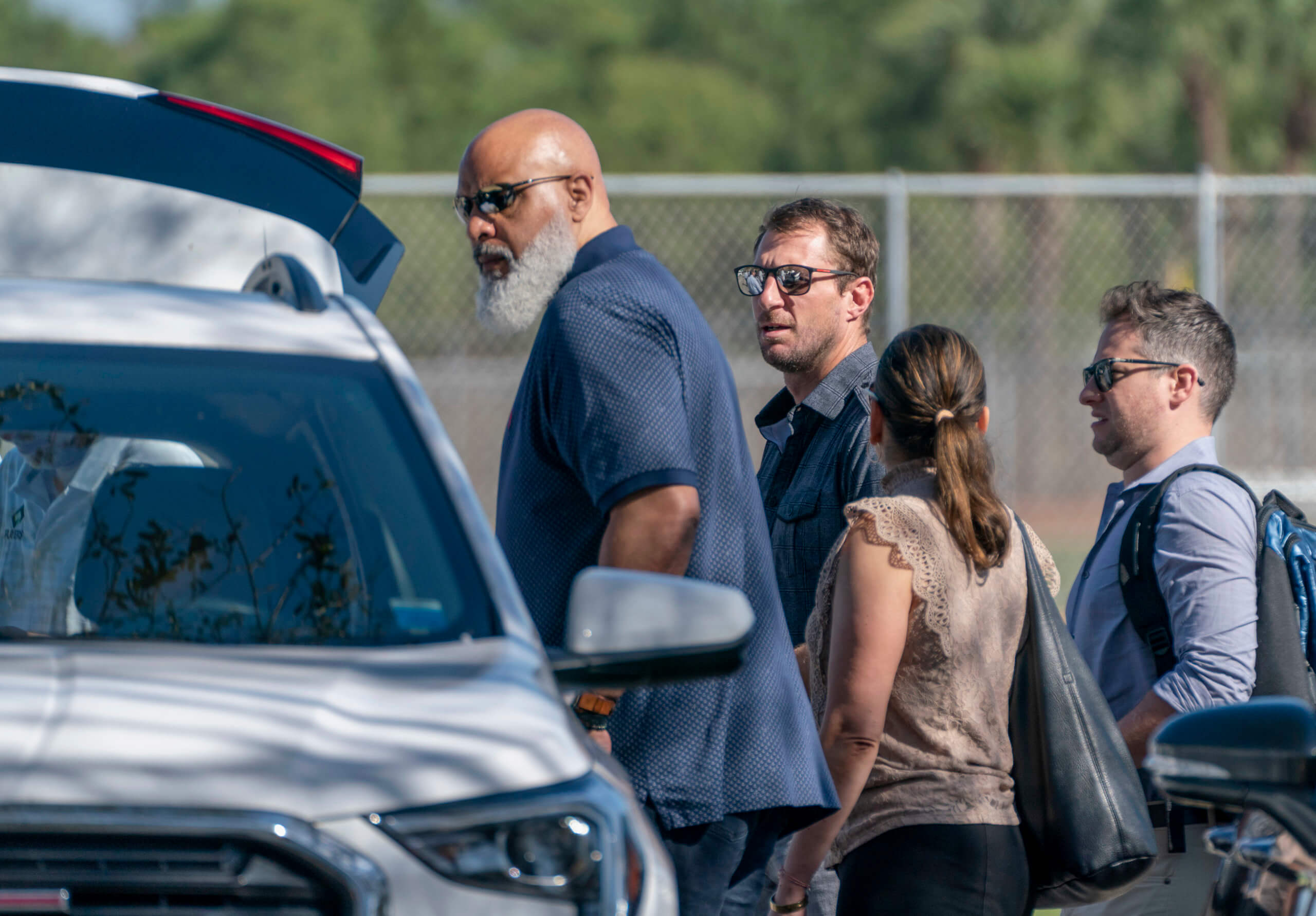
Players stressed a need for this to level the playing field across the league. An increased CBT would allow teams to spend more money on players, thus making the league more competitive rather than having teams like the Pittsburgh Pirates, Baltimore Orioles, and Miami Marlins refuse to spend while wallowing in the doldrums of MLB’s standings.
Manfred and the league countered with their “best and final offer” Tuesday night with a $25 million pre-arbitration bonus pool and a CBT in 2022 that starts at $220 million and increases to $230 million by 2026.
It was a disappointing finale to what had been a 36-hour span of what was thought to be promising developments. The league and players agreed on a 12-team expanded playoff format while it was reported that significant progress was being made after a marathon 17-hour negotiating session that spanned from 10 a.m. Monday morning to 3 a.m. Tuesday.
Such progress prompted Manfred and MLB to push back its deadline from Monday to 5 p.m. Tuesday — only for it all to fall apart just a few hours before the new time limit.
It wasn’t pretty, either. MLB claimed that the players’ union had “a decidedly different tone… and made proposals inconsistent with the prior discussions,” when, in fact, Manfred and the league were just posturing.
“[For what it’s worth] MLB has pumped to the media last night and today that there’s momentum toward a deal,” San Francisco Giants pitcher Alex Wood tweeted. “Now saying the players’ tone has changed. So if a deal isn’t done today it’s our fault. This isn’t a coincidence. We’ve had the same tone all along. We just want a fair deal/to play ball.”
The commissioner tried to play hardball — and now Major League Baseball is going to miss games due to a work stoppage for the first time in 27 years.
This is just the latest Rob Manfred embarrassment
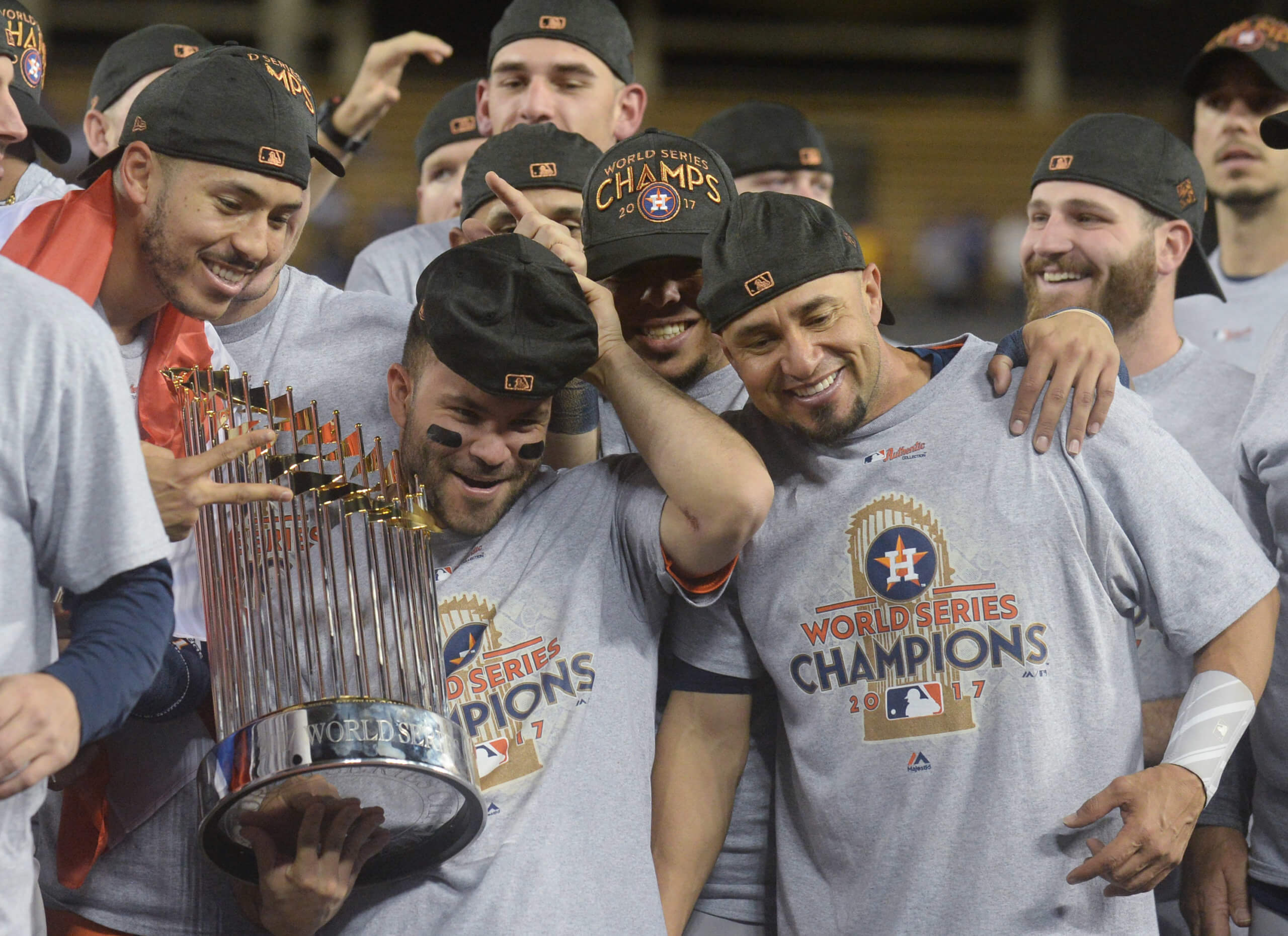
Once again, Manfred is aligning himself on the wrong side of baseball history.
The man who was responsible for smacking the Houston Astros with severe punishments after they were found guilty of illegally stealing signs in their World Series-winning campaign of 2017 instead offered the players immunity and administered a light slap on the wrist to the masterminds.
AJ Hinch is still working in MLB as the manager of the Detroit Tigers. Alex Cora took a one-year vacation from his job of managing the Boston Red Sox. Jose Altuve, Carlos Correa, Alex Bregman, and George Springer remain on their perch as some of the top players in baseball without the slightest blemish on their record.
Manfred dug his hole deeper when — while defending his so-called punishments levied on the Astros in Feb. 2020 — he described the World Series trophy, the holy grail of baseball, as “a piece of metal.”
Just a few months later, he was unable to oversee successful negotiations between the owners and players on how to get baseball back from its COVID-19 hiatus. Instead of having a season that could have potentially started on Labor Day, squabbles that provided all the ominous writing on the wall baseball fans needed this year forced the start of the 2020 season all the way back to late July.
Who does this lockout hurt?
It certainly doesn’t hurt the owners, regardless of how much they cry poor or how hard Manfred tries to hold water for them.
Eric Fisher of Sports Business helped debunk such ridiculous claims by uncovering that the Atlanta Braves reported $568 million in revenue last year with a profit of $104 million.
MLB teams are worth an average of $1.91 billion, the league itself makes over $10 billion in revenue each year, and they just signed a $4 billion TV deal with ESPN that will pay them $550 million each season for the next seven years.
While earnings and prices go up around Major League Baseball, player salaries have dropped 4.8% from 2019. The average salary of $4.17 million is misleading, too, considering 60% of all players on 2021 Opening Day rosters were making less than $1 million. Of that group, 35% made less than $600,000.
Naturally, an inability to increase the minimum salary hurts — as does the uncertain arbitration process and issues with service-time manipulation that plagues younger players from being properly compensated.
But away from clubhouses, owner’s boxes, and the field itself, are the tens of thousands of stadium workers who rely on minimum-wage jobs to make ends meet. They now will be missing out on paychecks with the season being delayed.
Then, of course, there are the fans who live and die with every pitch being treated like the children between feuding parents — lectured on whose fault it is that the game that matters most is once again put on ice.
In no way will that help MLB keep up its already fruitless attempt at trying to stay relevant next to the NBA and NFL.
What happens next?
Negotiations could re-start as soon as Thursday, which at the surface makes sense. After all, the league, owners, and teams are losing money.
But Major League Baseball is where common sense goes to die — and Manfred is more interested in harboring wealth than bringing the game back to its millions of fans.
Evan Drellich of The Athletic reported on Monday that the league threatened the players’ union, stating they would have no issue wiping out the first month of the 2022 season.
Considering just how far apart the sides still are in negotiations, there is still a long way to go before a resolution is found.
Let’s just hope we get baseball by May, at this point.
